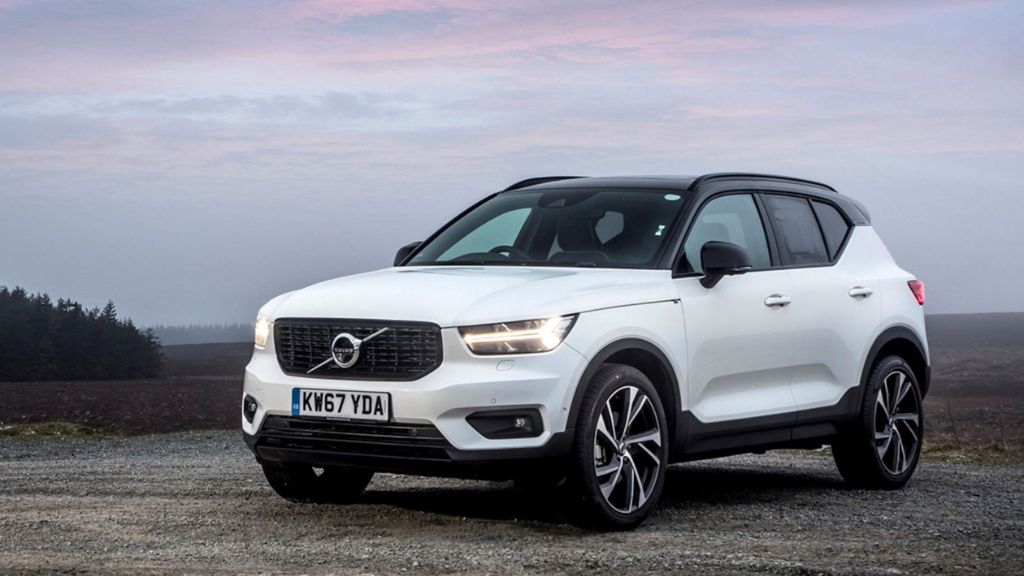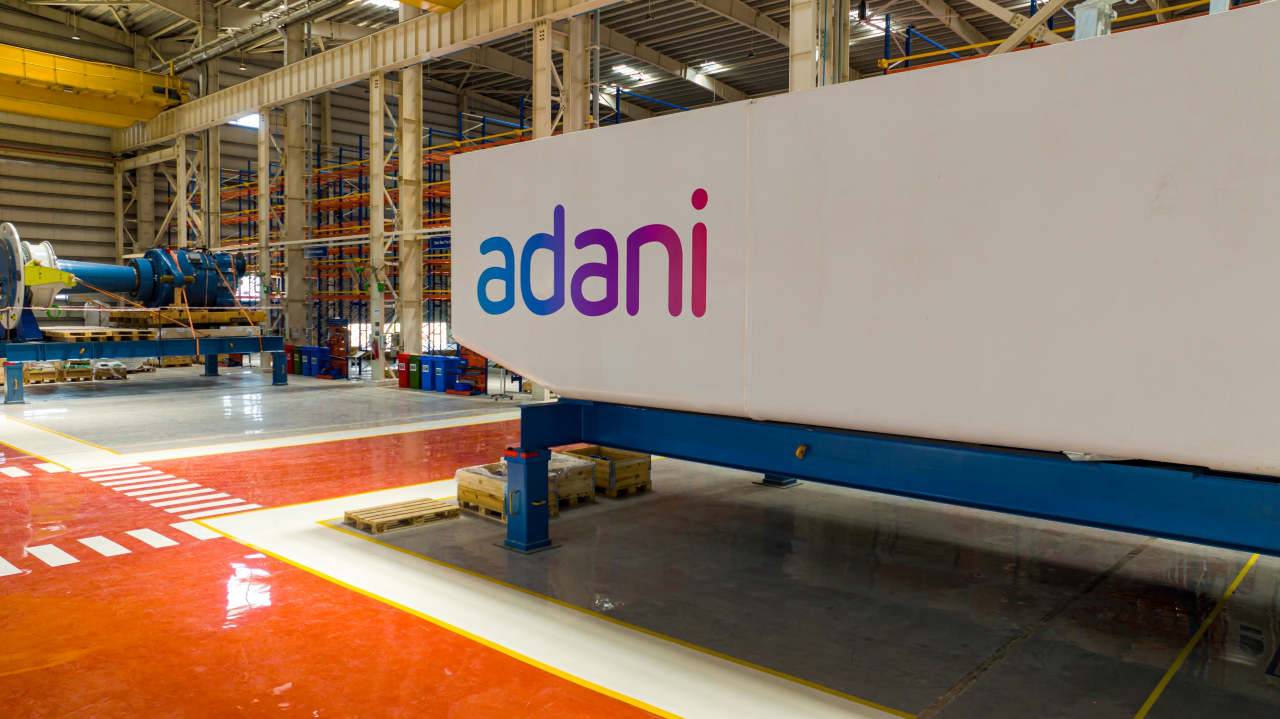
The Indian passenger car market is a powerhouse of growth and potential. It’s currently the fifth largest globally and is expected to climb to third place by 2027, zooming past Japan and Germany. Here’s a closer look at the factors fueling this exciting journey:
Current Market:
- Size: The market is valued at over USD 41 billion, with 3.9 million units sold in FY23.
- Growth: It’s experiencing a healthy 6-8% growth annually, driven by rising disposable incomes, a booming middle class, and a low car penetration rate.
- Segments: Hatchbacks and compact SUVs dominate, but premium segments are also gaining traction.
- Players: Maruti Suzuki leads the market with over 46% share, followed by Hyundai and Tata Motors. Global brands like Toyota, Volkswagen, and Ford are also present.
- Challenges: High taxes, supply chain disruptions, and rural market limitations pose challenges.
Future Outlook:
- Promising Growth: The market is projected to continue its upward trend, reaching 5-7% CAGR over the next five years.
- Drivers of Growth: Factors like increasing urbanization, improved infrastructure, and government incentives for electric vehicles will fuel demand.
- Electric Vehicles: The EV segment is expected to witness explosive growth, driven by policy push and falling battery costs.
- Technology Advancements: Connected cars, autonomous driving, and advanced safety features will reshape the market.
- Challenges: Addressing issues like charging infrastructure, range anxiety, and affordability will be crucial for EV success.
Here are top stocks from Passenger Car sector to consider investing:
1. Tata Motors
Tata Motors Group is a leading global automobile manufacturer. Part of the illustrious multi-national conglomerate, the Tata group, it offers a wide and diverse portfolio of cars, sports utility vehicles, trucks, buses and defence vehicles to the world.
It has operations in India, the UK, South Korea, South Africa, China, Brazil, Austria and Slovakia through a strong global network of subsidiaries, associate companies and Joint Ventures (JVs), including Jaguar Land Rover in the UK and Tata Daewoo in South Korea.
2. Maruti Suzuki India
The Company was established in 1981. A joint venture agreement was signed between the Government of India and Suzuki Motor
Corporation (SMC), Japan in 1982. The Company became a subsidiary of SMC in 2002.It is the market leader in passenger vehicle segment in India. In terms of production volume and sales, the Company is now SMC’s largest subsidiary. SMC currently holds 56.28% of its equity stake.
The principal activities of the Company are manufacturing, purchase and sale of motor vehicles, components and spare parts.
3. Mahindra & Mahindra
Mahindra & Mahindra Ltd is one of the most diversified automobile company in India with presence across 2-wheelers, 3-wheelers, PVs, CVs, tractors & earthmovers.
It also has presence across financial services, auto components, hospitality, infrastructure, retail, logistics, steel trading and processing, IT businesses, agri, aerospace, consulting services, defence, energy and industrial equipment through its subsidiaries and group companies.
Before investing, consider these factors:
- Your risk appetite: Can you handle potential volatility and fluctuations in your investment?
- Investment horizon: Are you looking for short-term gains or long-term wealth creation?
- Research individual companies: Evaluate their financial performance, growth prospects, and management quality.
- Diversify your portfolio: Don’t put all your eggs in one basket. Invest in a mix of companies and sectors to mitigate risk.
- Seek professional advice: Consult a financial advisor for personalized guidance based on your specific financial situation and goals.







